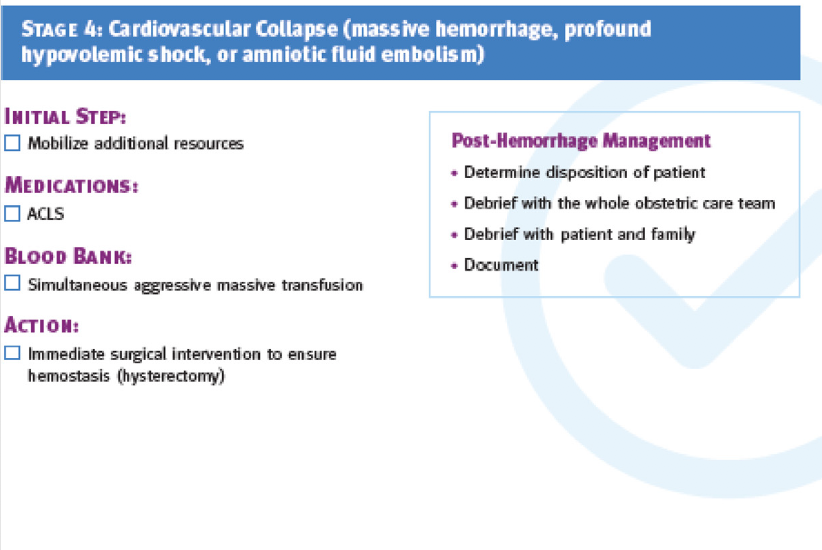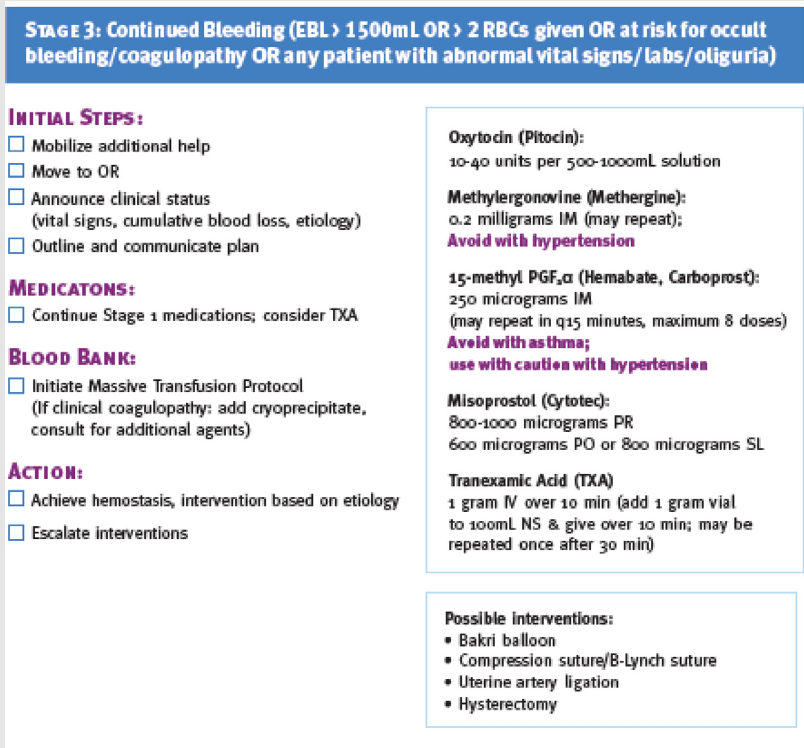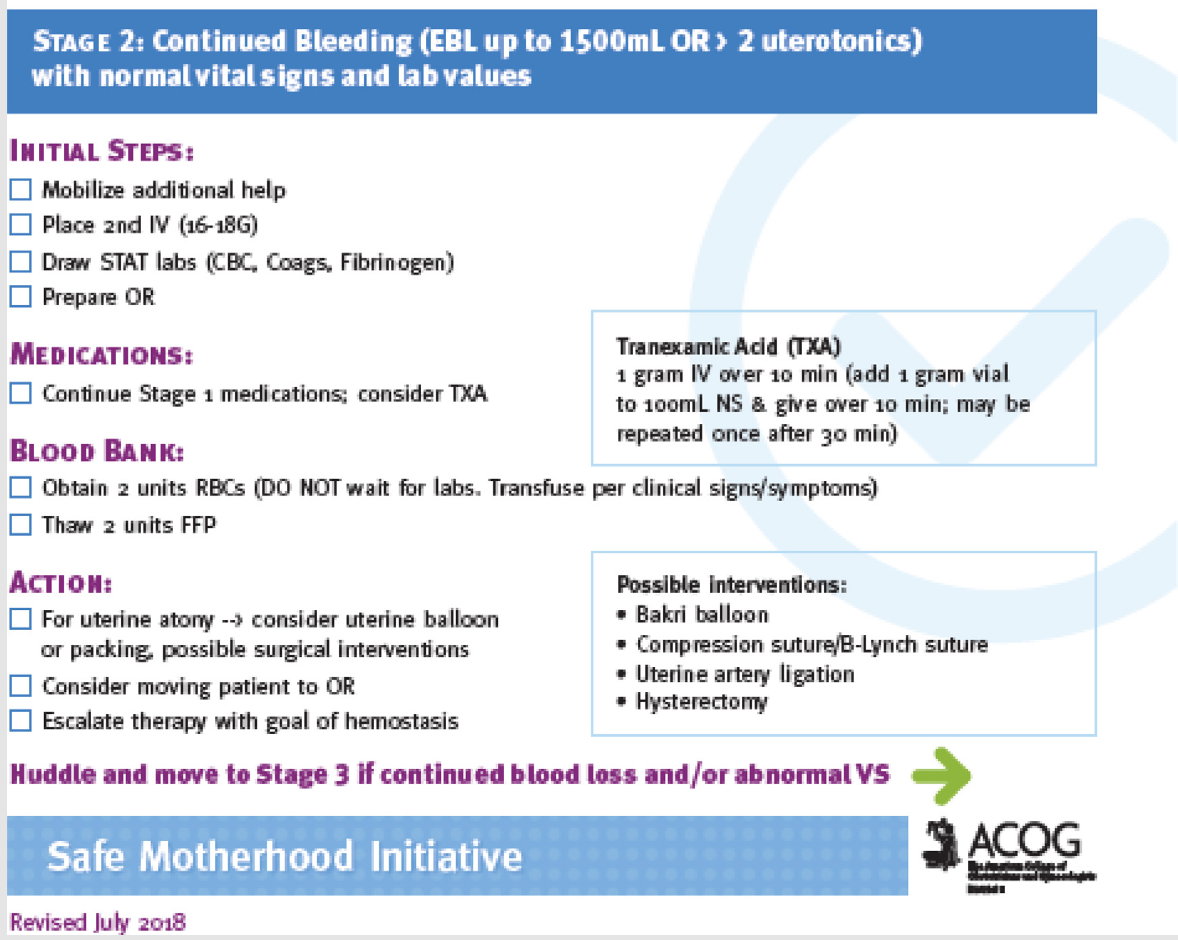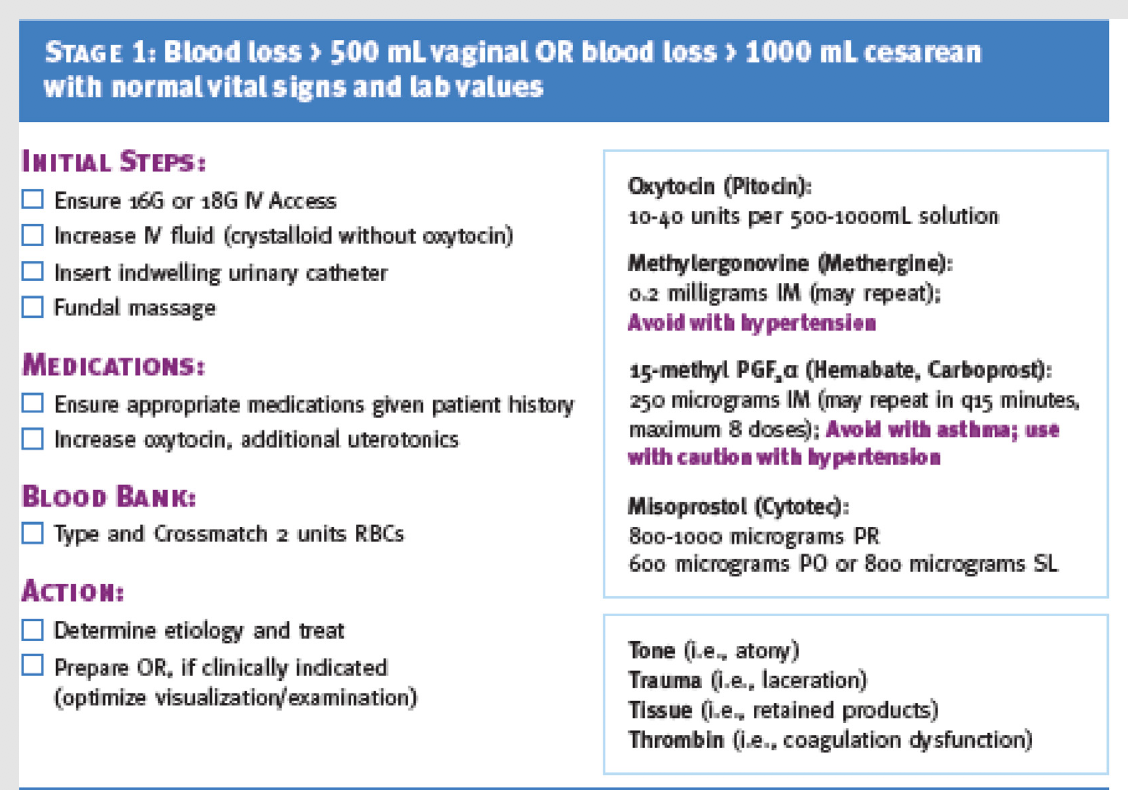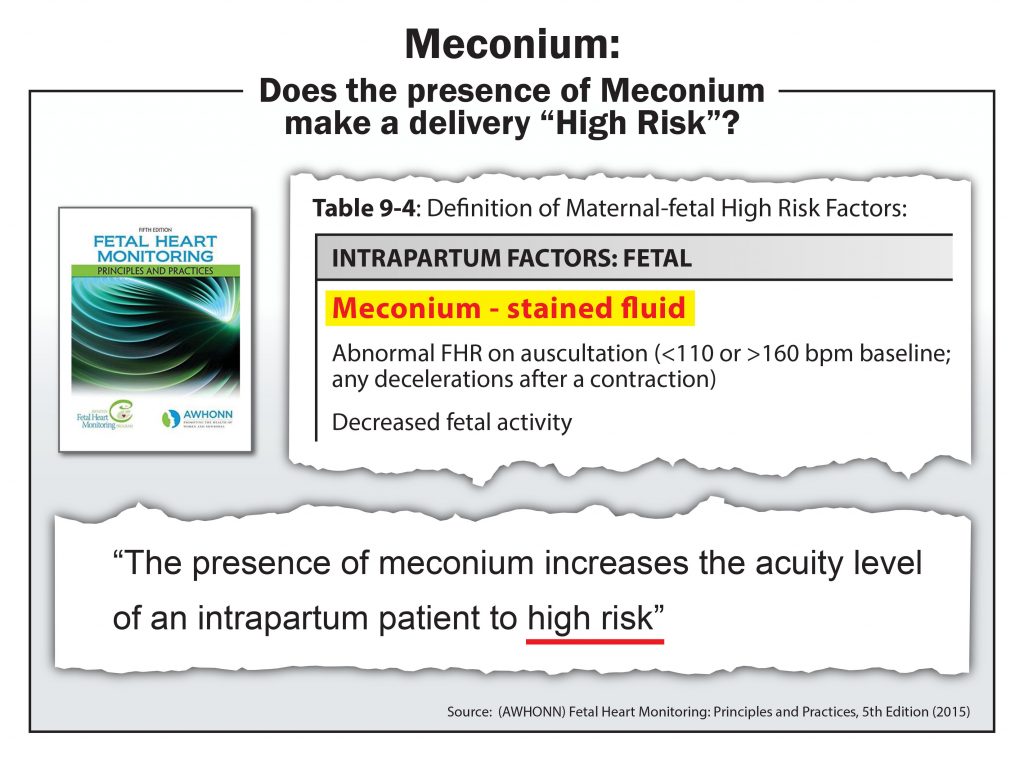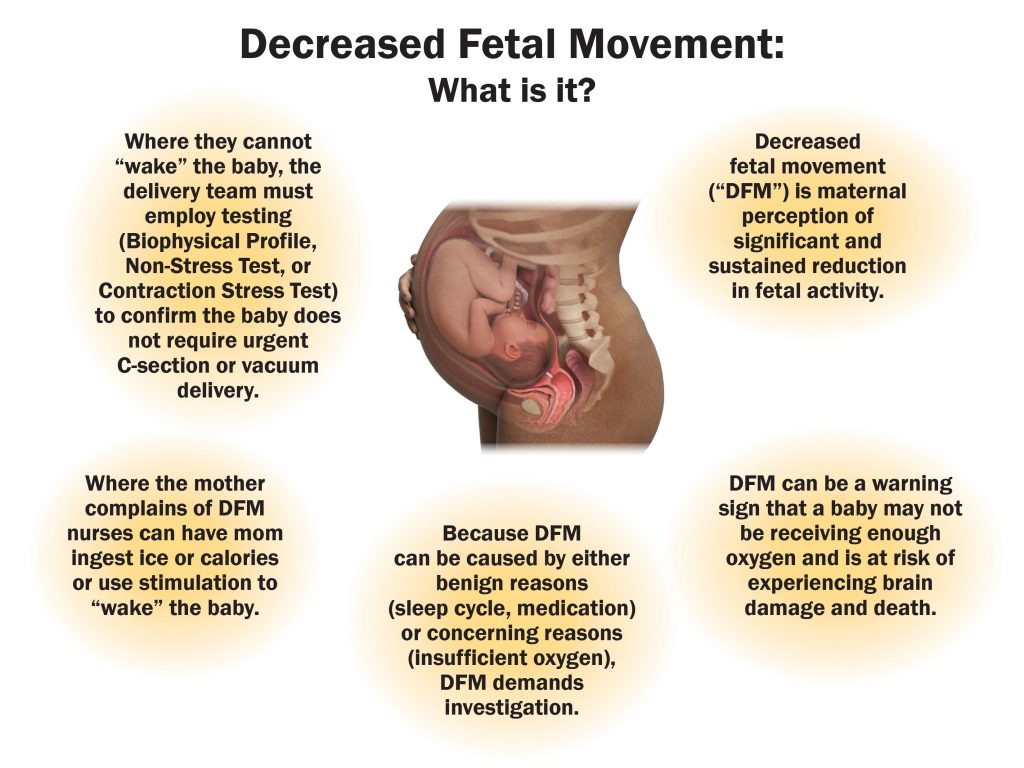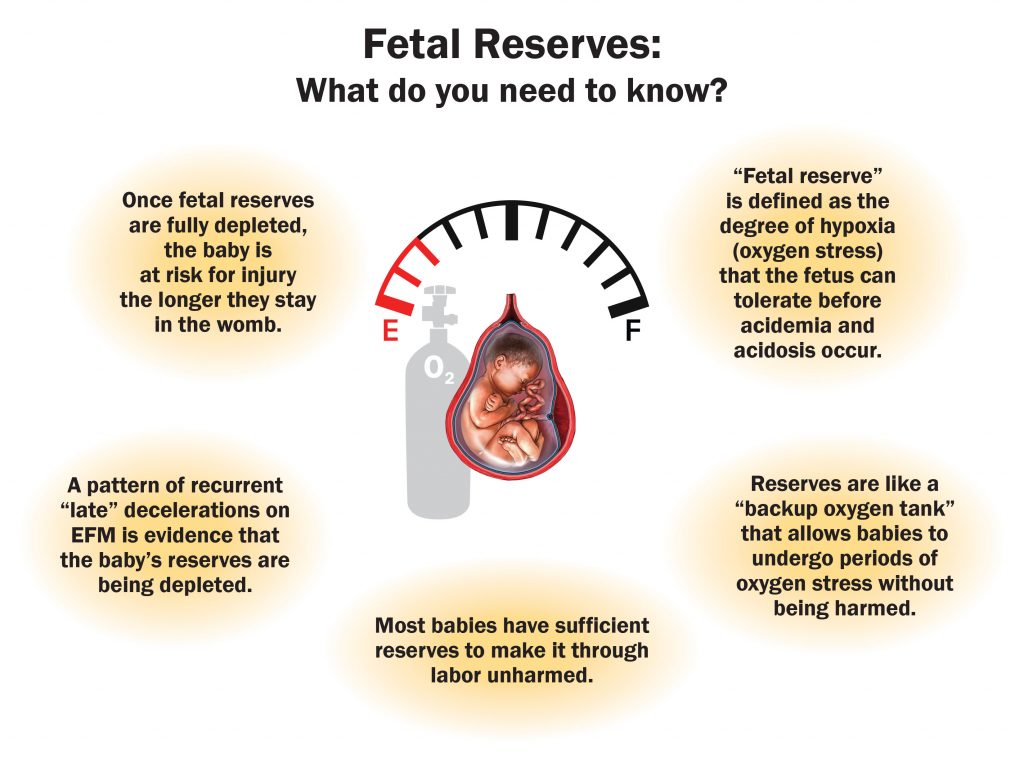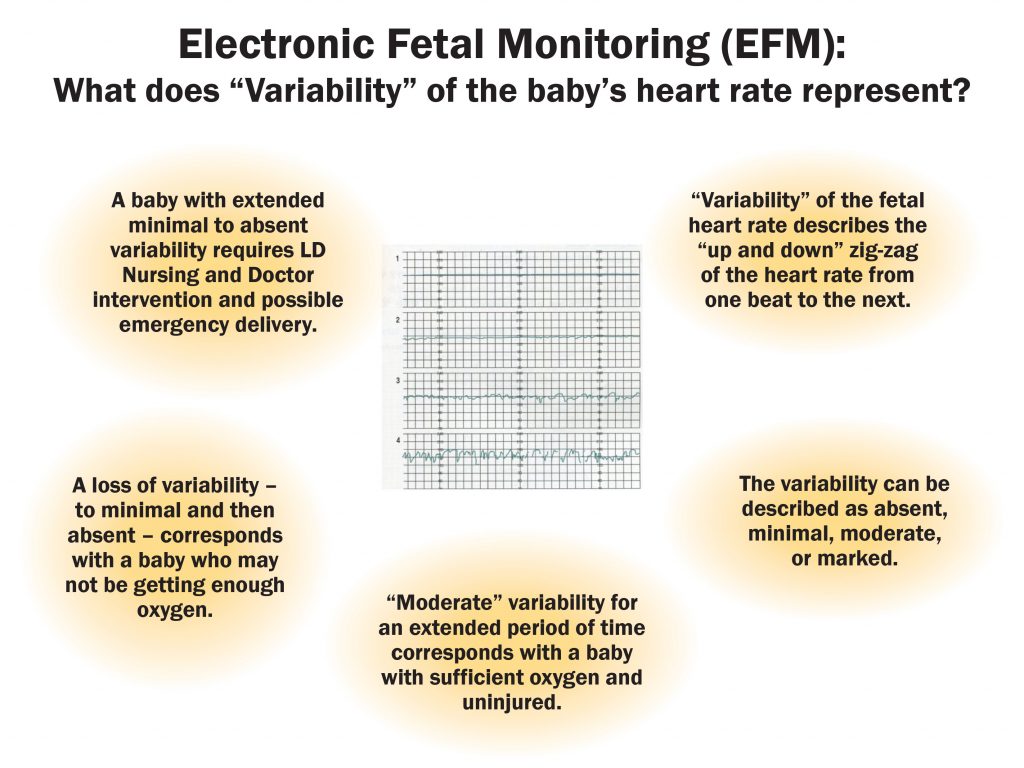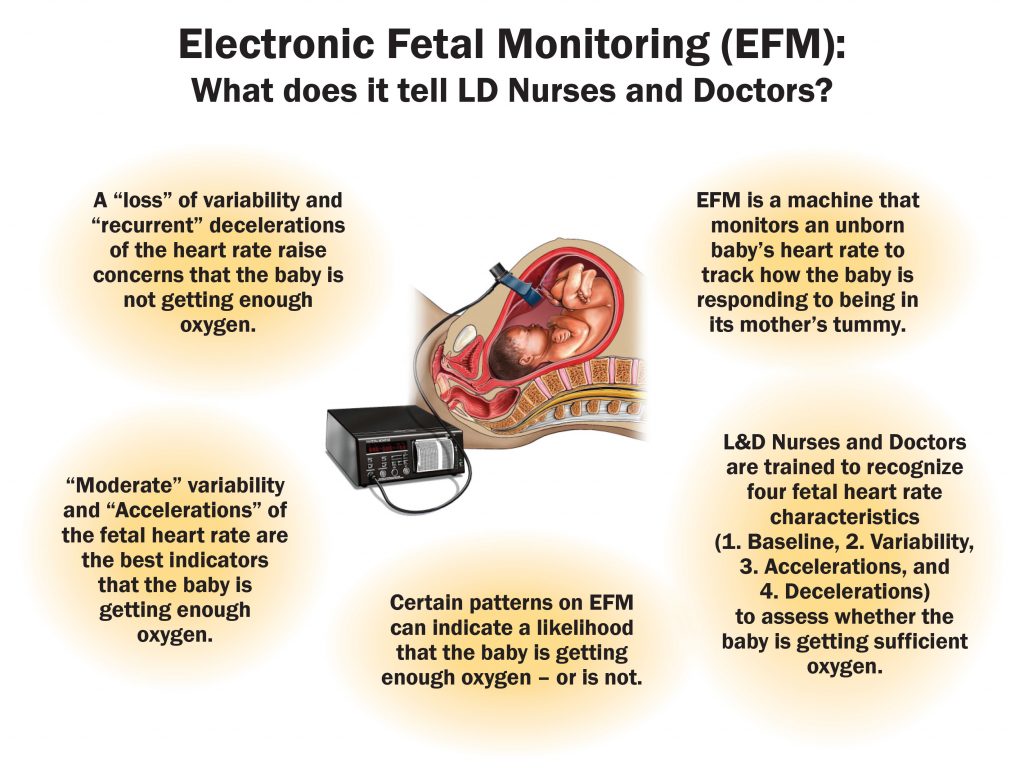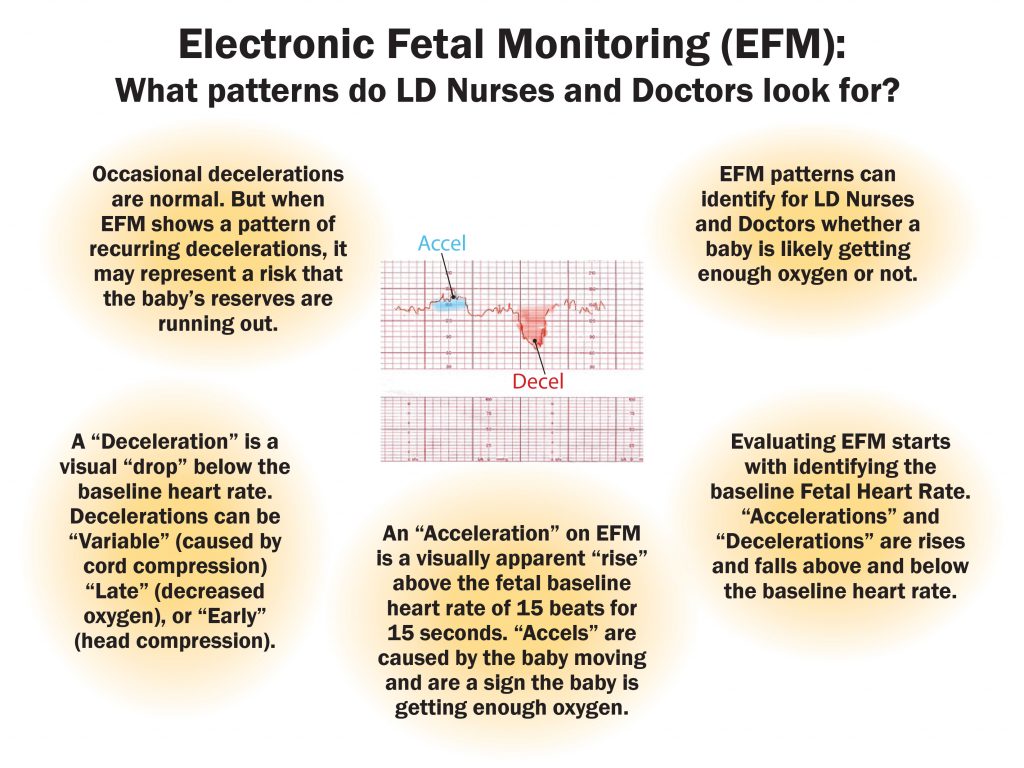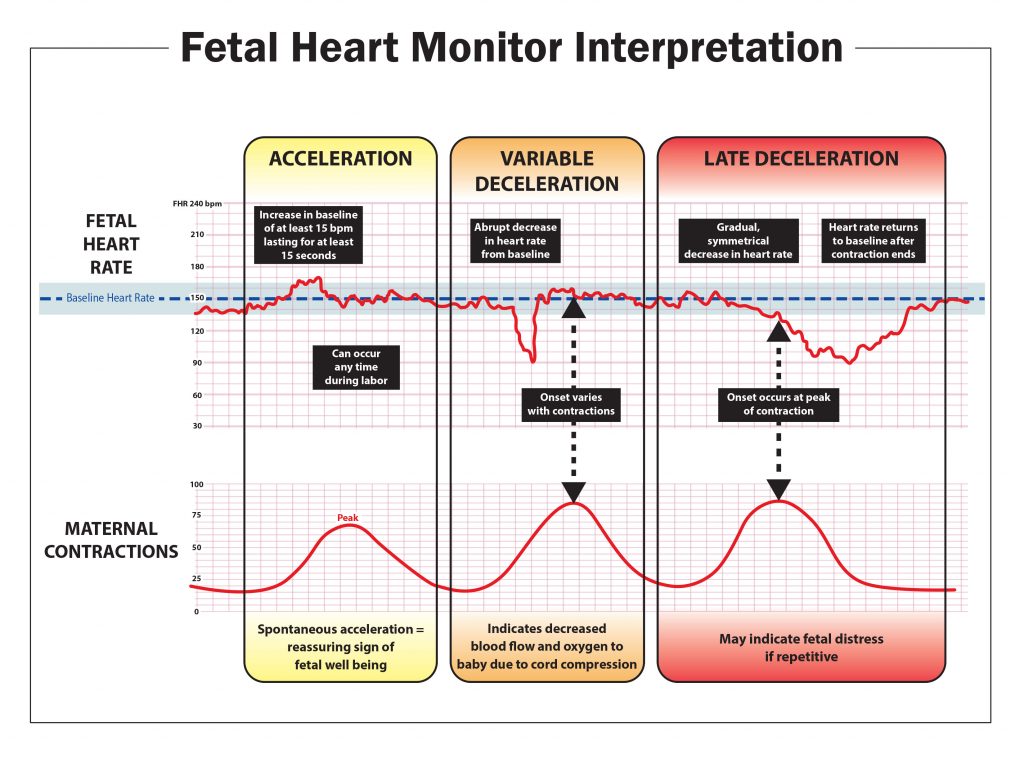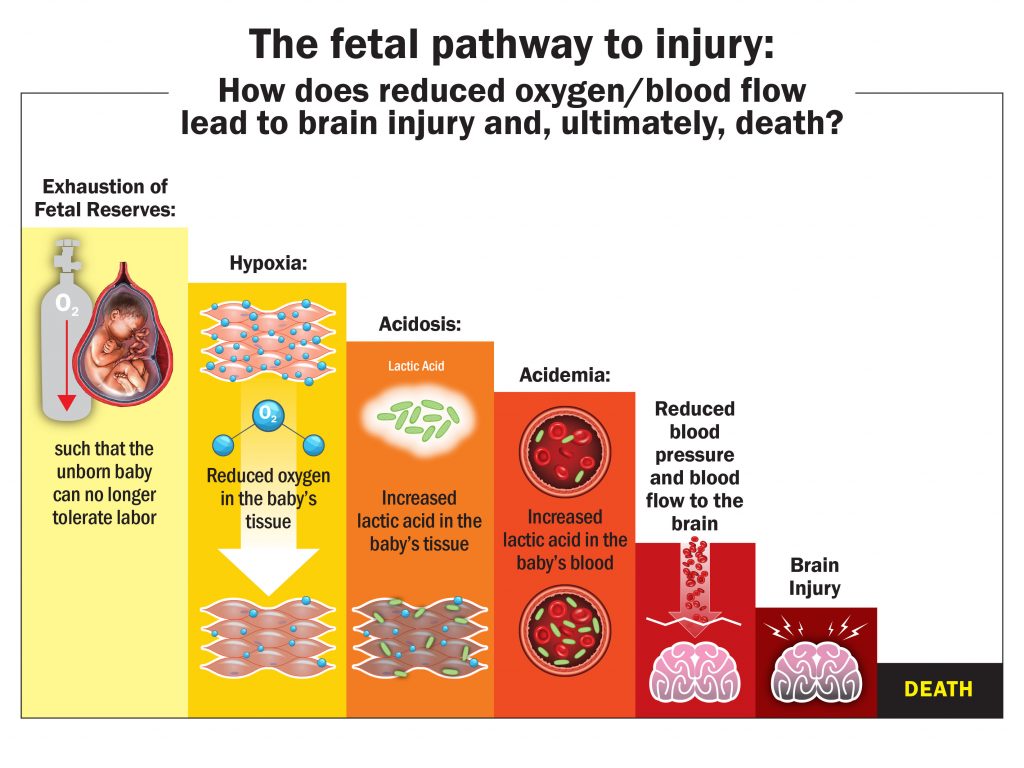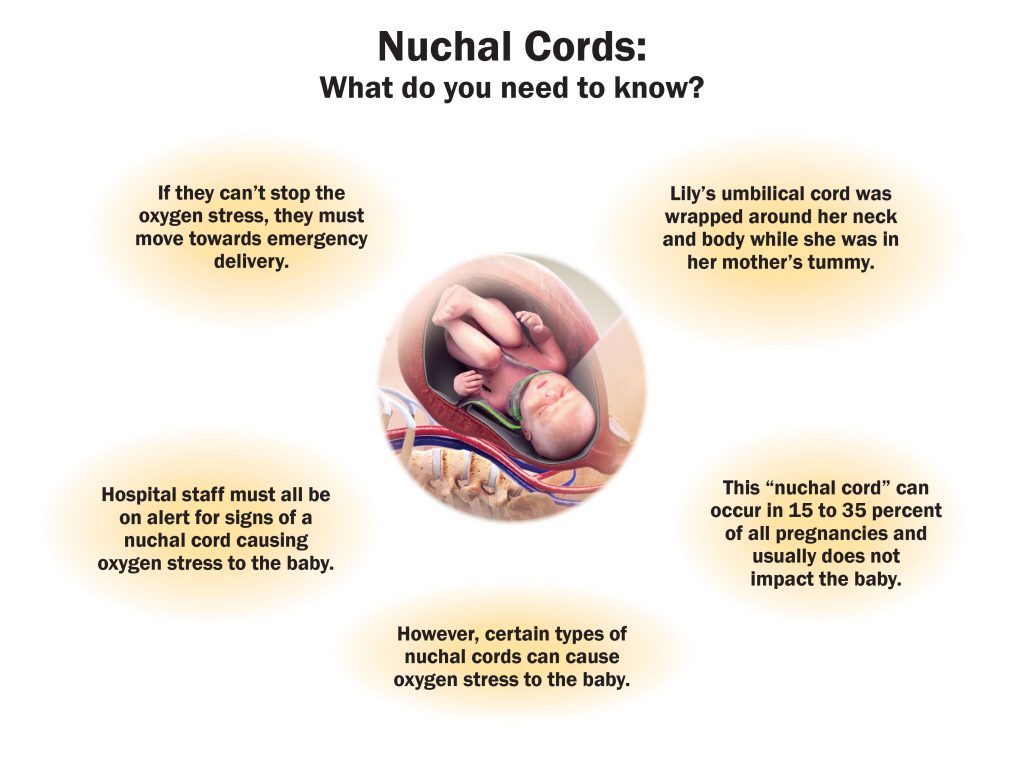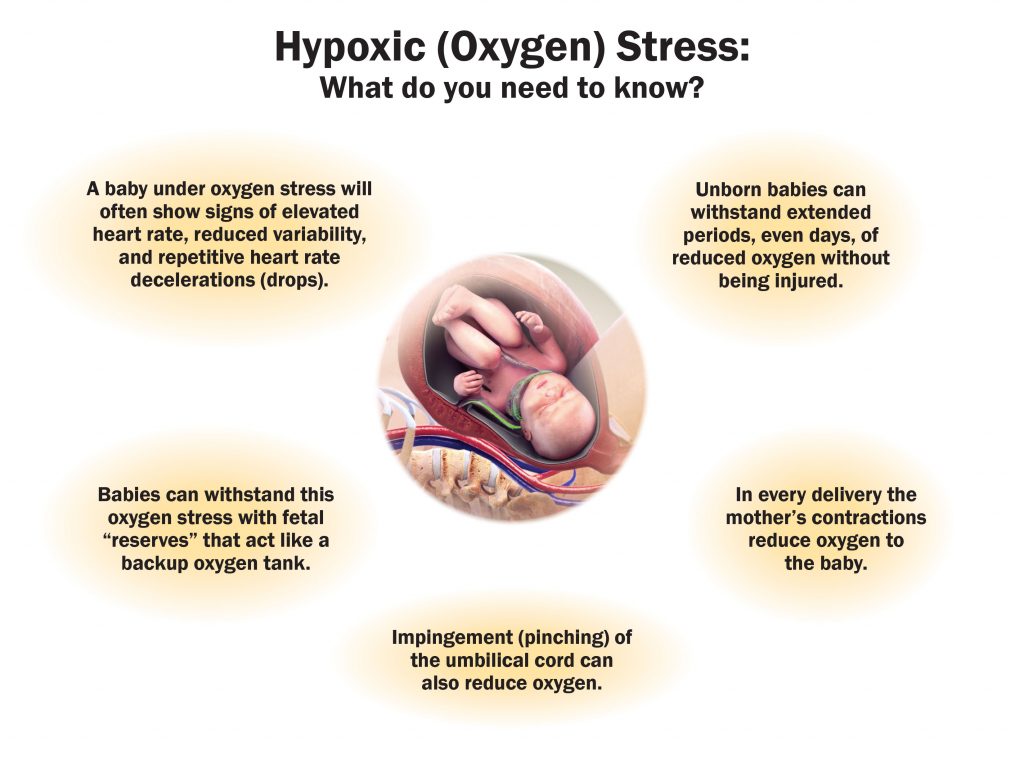Conflicts in Iraq and Afghanistan have unfortunately resulted in an increased number of veterans who have experienced Traumatic Brain Injuries, also known as TBIs. In fact, Traumatic Brain Injury has often been called the “signature wound” of these wars. According to the Department of Defense and the Veterans’ Brain Injury Center, 22% of all combat casualties from these conflicts are brain injuries. In the military population, the primary cause of TBIs are from blasts, motor vehicle accidents, and gunshot wounds. And those at greatest risk are young men performing military duties who may have a history of prior concussion or substance abuse.
TBI is defined as when a sudden injury, such as a blow or a trauma to the head interrupts the normal functioning of the brain. Symptoms of a brain injury may be visible right away, or may not surface until weeks or even months after the initial injury.
There are different categories of TBIs. The most common form of TBI in the military is mild concussion. This is a brief loss of consciousness or confusion which can last for up to 30 minutes. A mild concussion may not even show up on a CAT scan or MRI. Some of the more common symptoms are lightheadedness, dizziness, blurred vision, ears ringing, an unusual taste in the mouth, and interruption of normal sleep patterns.
Loss of consciousness for more than 30 minutes, or amnesia after the accident, is classified as Severe Traumatic Brain Injury. The symptoms in this case are more severe, such as a headache that worsens over time or won’t go away, weakness or numbness in the arms or legs, slurred speech, dilated pupils, and loss of coordination.
Recovery from a brain injury, whether mild or severe, varies greatly among individuals and depends on various factors, including how severe the injury is and whether the patient has a history of prior concussion(s). Immediate medical treatment is always necessary for preventing further damage and stabilizing the patient. In cases of severe brain injury, surgery may be required to relieve swelling to the brain and to remove or repair any ruptured blood vessels. Medication is available to assist with resulting issues of chronic pain, depression, seizures, and headaches.
Resources for Vets with TBI:
There are many organizations and resources for military personnel who have sustained a Traumatic Brain Injury. One such organization is the is the Defense and Veterans Brain Injury Center. Their goal is to serve active duty military personnel and their families, as well as veterans who have suffered TBIs, by providing the latest information on medical care, research, and education.
The Center treats and monitors the progress of service members, vets, and their families who are dealing with a brain injury. They also provide information to educate those who do not have experience in dealing with TBI. One video which I found extremely helpful for families and friends of a TBI survivor is “How Best to Interact with Someone with TBI“. The video discusses such things as shaking hands, making eye contact, and other communication tips.
Another helpful video is “Beyond the Invisible: Living with Brain Injury“. It details the struggles and successes of several service members and their families after sustaining a traumatic brain injury.
Click here to find a DVBIC location in your area. They also have a DVBIC Outreach Center 24/7 phone number. You can call 1-866-966-1020 for assistance at any time.
Another organization for servicemen is American Vets with Brain Injuries. They are a non-profit organization, established in 2004, in an effort to give support to American servicemen and veterans who have suffered brain injuries, as well as their families. On their site you will find a live chat forum, as well as a list of inspirational personal stories. Under their Programs and Services tab you can find information on their Medical Alert program, which provides a medical alert dog tag as well as a credit-card sized id card in the event of an emergency. The dog tag includes medical conditions as well as other critical information. If a TBI patient encounters difficulty as they go about their daily activities, presentation of the card has proven to be helpful. It is not always apparent to others that they have a brain injury, therefore presentation of the card can avoid misunderstanding. Click here to apply.
You can make a donation here. If you wish to contact them for further information you can email them at admin@avbi.org.
If you live in Georgia, The Brain Injury Association of Georgia also has a veterans programs section. They offer a Peer Visitor for Veterans program, led by a military veteran and TBI survivor named Tom Houchins. Tom also helps leads the VA Support Group. Click here to see if there is an active support group in your county. If you need a peer visit, you may contact them at 404-712-5504, or via email at info@braininjurygeorgia.org.
The Tyrone Law Firm specializes in representing those who have suffered a devastating injury, such as traumatic brain injury resulting from the negligence of another. Nelson Tyrone handles Brain Injury, Spine Injury and RSD/CRPS cases throughout the United States. He recently obtained the largest medical malpractice verdict in the history of Gwinnett County in a birth injury Traumatic Brain Injury/TBI case. He involves only the top medical, rehabilitation and life-care plan experts in the field. His results on behalf of clients include several of the largest settlements and verdicts on record.
You can reach us at 404-377-0017 or via email at admin@tyronelaw.com. If we can’t help you, we will do our best to put you into the hands of lawyers who can.
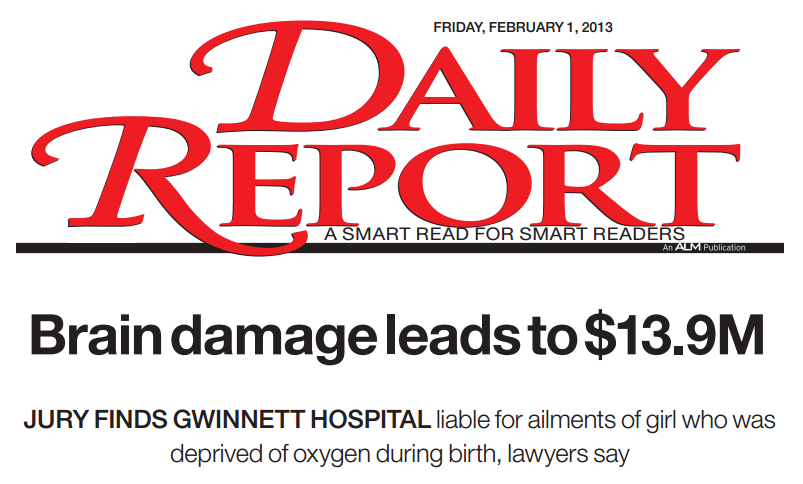



 Hayley serves as a Labor and Delivery Nurse Consultant for the Tyrone Law Firm. She attended and graduated Cum Laude from the University of Georgia in 2004 with a Bachelor of Arts degree in Journalism/Public Relations. After graduation she moved to the gulf coast where she pursued a career in real estate and development.
Hayley serves as a Labor and Delivery Nurse Consultant for the Tyrone Law Firm. She attended and graduated Cum Laude from the University of Georgia in 2004 with a Bachelor of Arts degree in Journalism/Public Relations. After graduation she moved to the gulf coast where she pursued a career in real estate and development.
